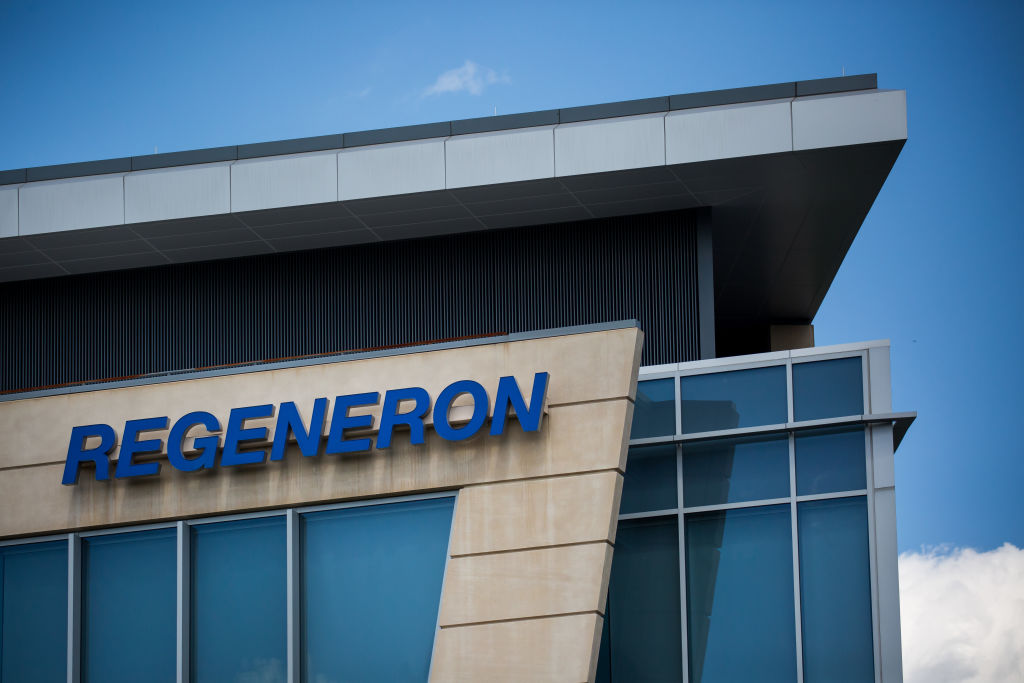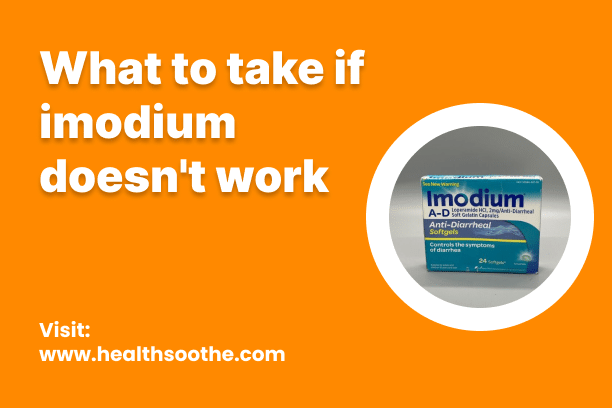
Regeneron Pharmaceuticals, a company that has been analyzing genetic data as part of its drug research for more than a decade, is augmenting its capabilities in a big way with the $256 million acquisition of assets from genetic testing company 23andMe.
The acquisition follows the selection of Regeneron’s bid as the winner the auction process that was part of 23andMe’s Chapter 11 bankruptcy proceedings. According to a 23andMe regulatory filing, Regeneron’s bid beat six other qualified bidders that participated in the auction. None of the other bidders were identified, but after the bankruptcy filing was announced in March, 23andMe co-founder and former CEO Anne Wojcicki said she resigned from her post so that she could bid for the company under the auction process. Over the past year, Wojicki’s efforts to take 23andMe private were unsuccessful.
Regeneron is getting “substantially all” of 23andMe, including the genetic testing company’s Personal Genome Service, Total Health and Research Services business lines, and its Biobank and associated assets. The Tarrytown, New York-based drugmaker said all consumer genome services offered by 23andMe will continue uninterrupted. Regeneron said it will comply with 23andMe’s consumer privacy policies and applicable laws regarding the treatment of customer data.
Regeneron is is prepared to detail how it intends to use customer data and the privacy measures it has in place for review by a court-appointed, independent Customer Privacy Ombudsman and other interested parties, the company said. Excluded from the purchase is Lemonaid Health, an online pharmacy that 23andMe acquired in 2021. 23andMe will wind down these assets soon after the transaction closes.
While 23andMe is best known for its consumer genetics tests, the company also tried to leverage the data it collected for drug research. It worked with pharmaceutical companies, allowing them to use de-identified genetic data from its databases. This work never became a big part of 23andMe’s business, but it appears to be important to Regeneron’s plans.
In 2013, Regeneron started a genomic research initiative called the Regeneron Genetics Center, or RGC. The company says this wholly owned subsidiary has a database of more than 2.7 million sequenced exomes and de-identified health information. For context, 23andMe has said its biobank has genetic information from more than 15 million customers.
RGC applies data analytics tools and machine-learning techniques to these data to find associations between genes and diseases as a way to guide Regeneron’s drug R&D. In its annual report, Regeneron says RGC’s research efforts have led to the identification of more than 30 novel genetic targets. Those targets remain undisclosed, but Regeneron said research on them is continuing with other technologies owned by the company. 23andMe gives RGC more genetic data to analyze.
“We have deep experience with large-scale data management, having worked with collaborators around the world to link deidentified DNA sequences from nearly three million consented participants to electronic health records, safely and securely enabling future medical advances,” Regeneron President and Chief Scientific Officer George Yancopoulos said in a prepared statement. “We believe we can help 23andMe deliver and build upon its mission to help those interested in learning about their own DNA and how to improve their personal health, while furthering Regeneron’s efforts to use large-scale genetics research to improve the way society treats and prevents illness overall.”
The purchase still needs court and regulatory approvals. A hearing before the bankruptcy court is scheduled for June 17. Regeneron expects to close the transaction in the third quarter of this year.
Photo: Michael Nagle/Bloomberg, via Getty Images






